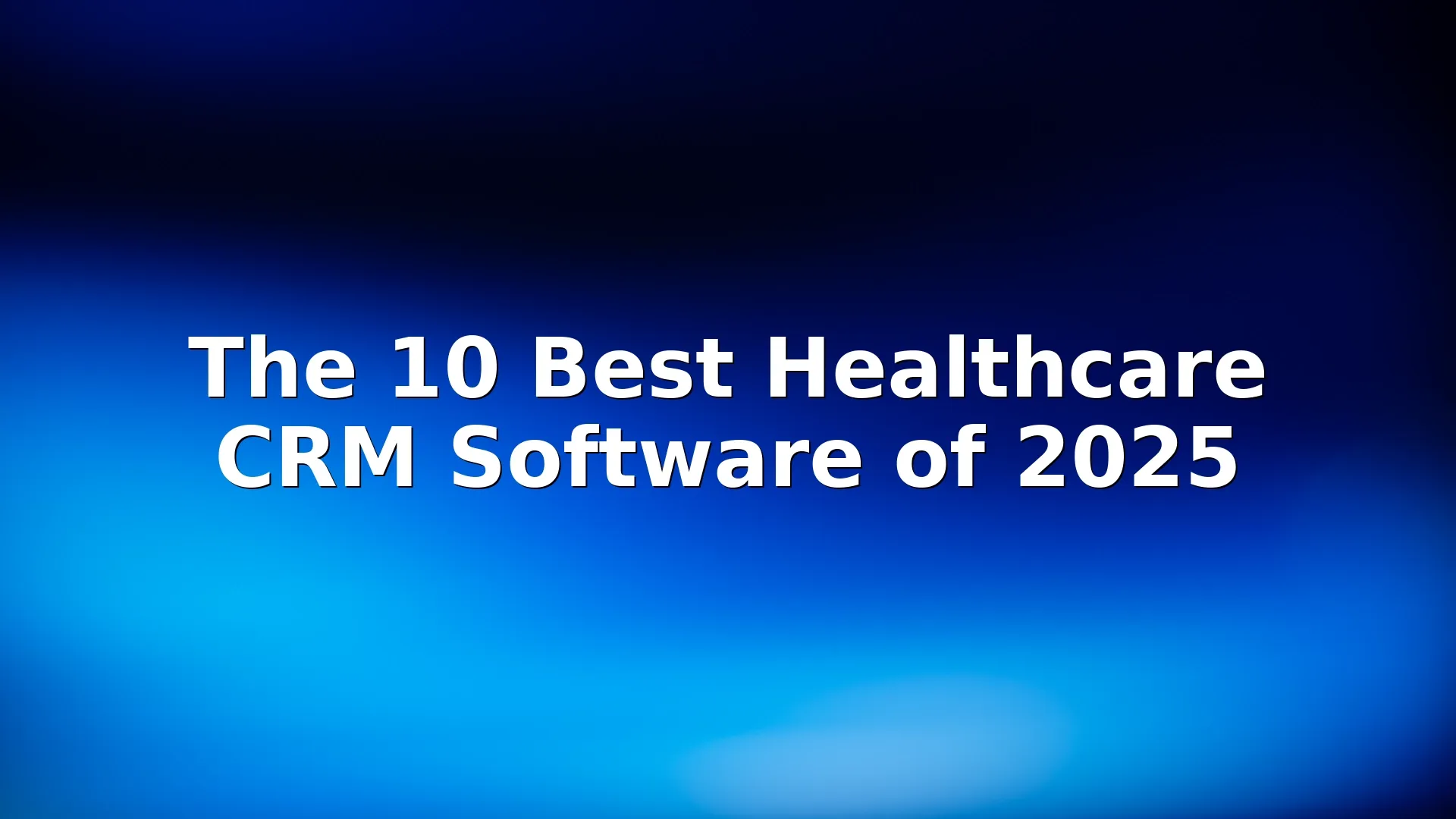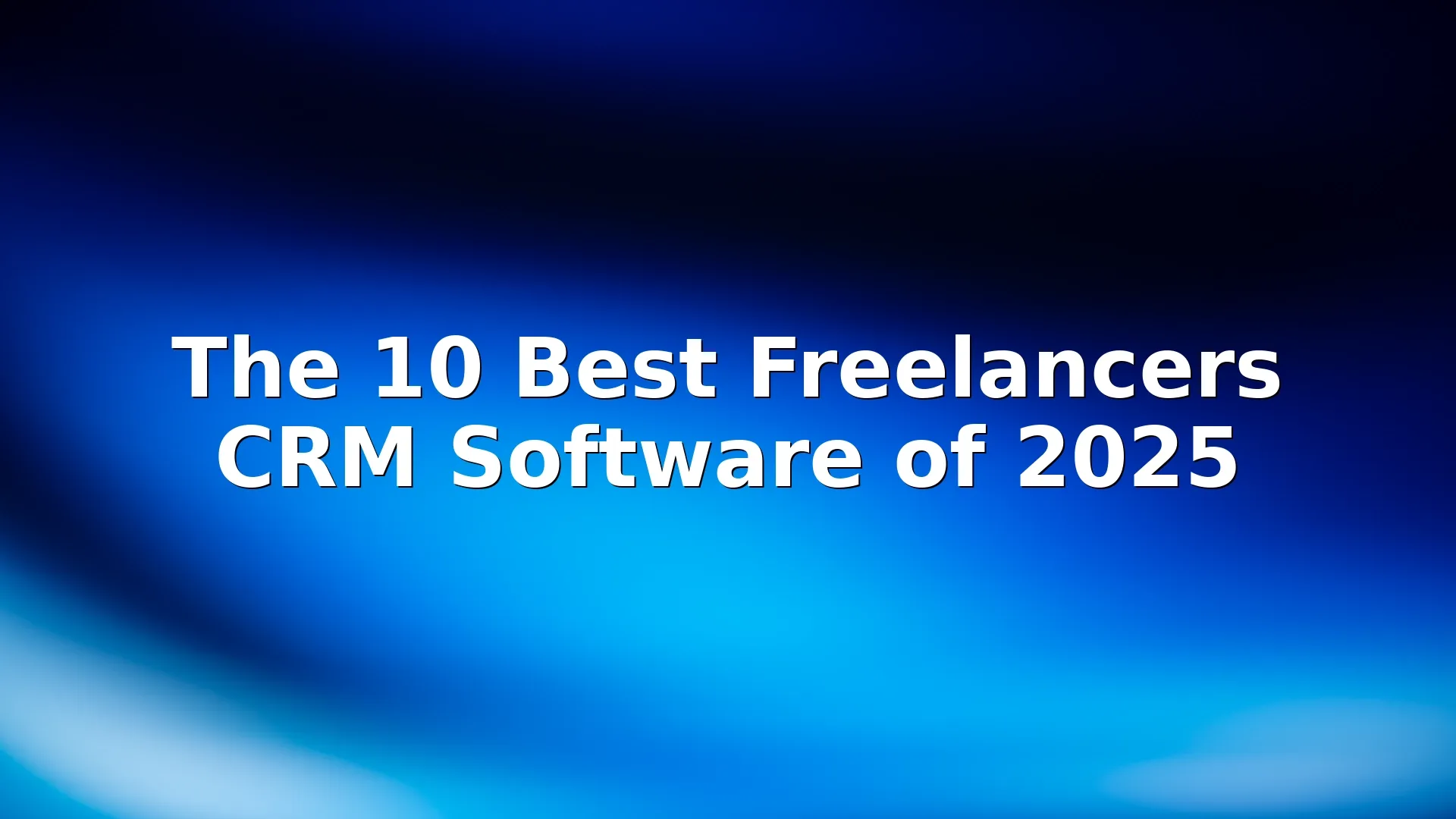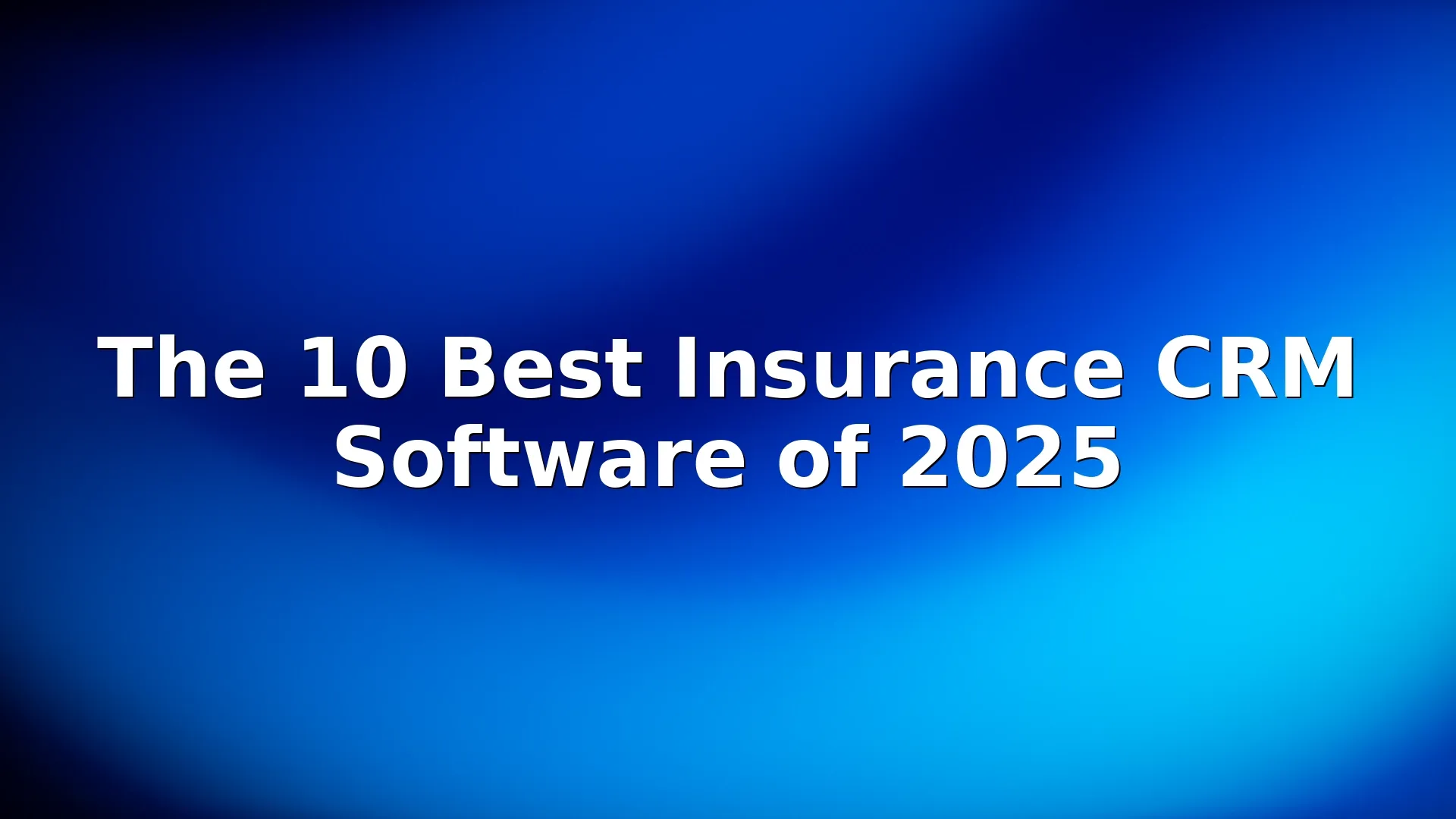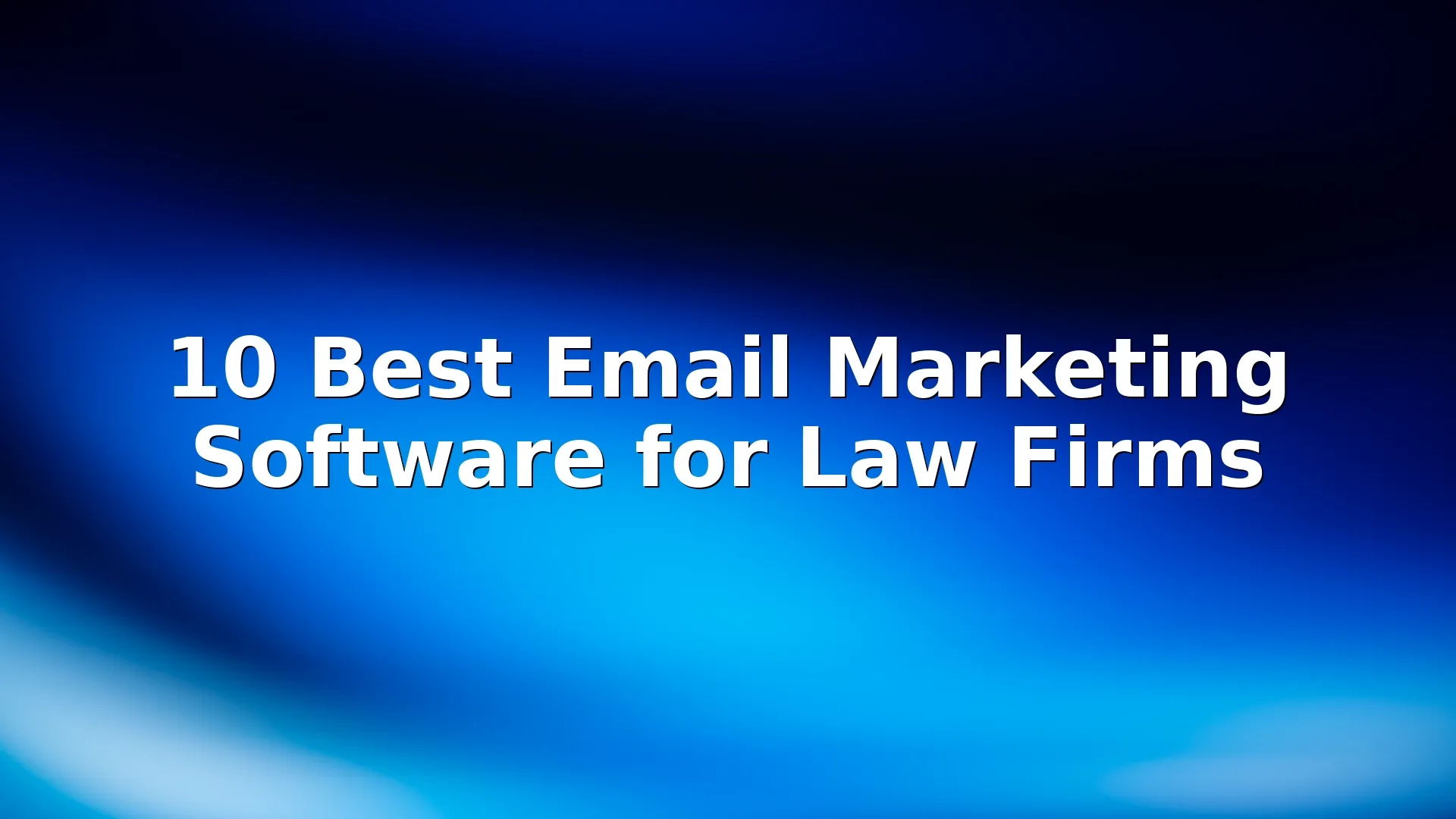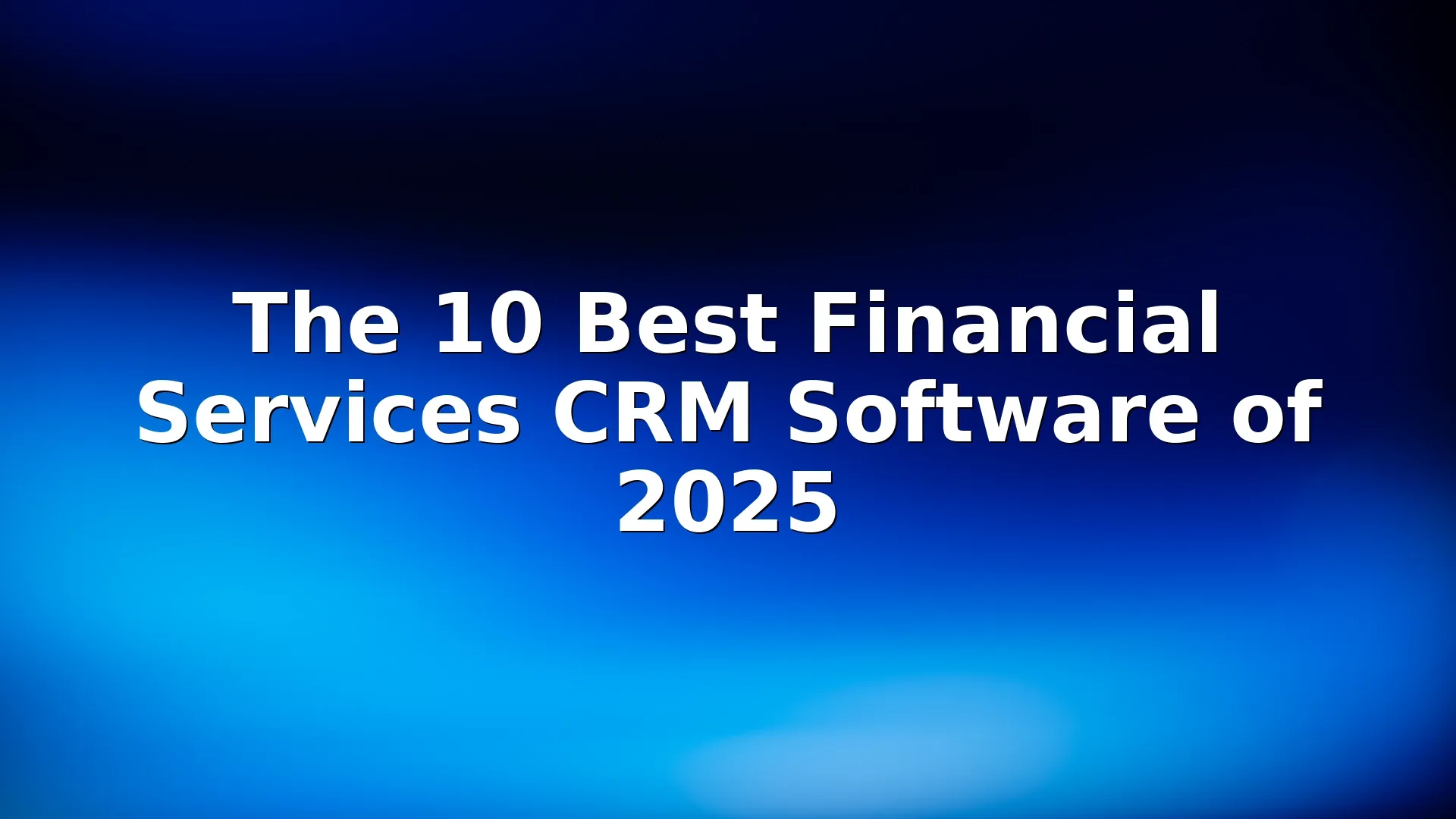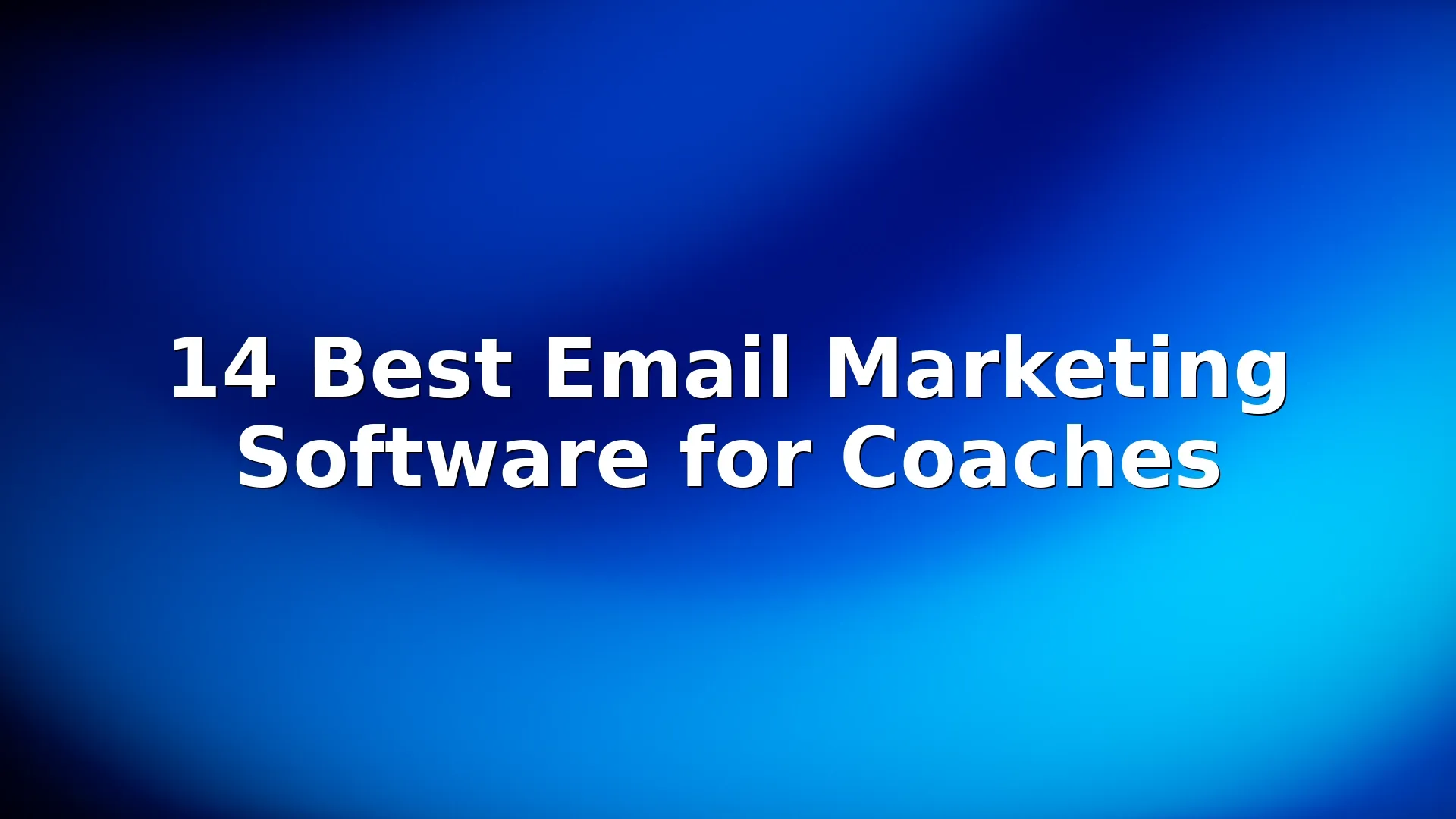In the rapidly evolving healthcare industry, maintaining strong relationships with patients and streamlining administrative processes are more crucial than ever. Healthcare Customer Relationship Management (CRM) software has become an indispensable tool for medical practices, hospitals, and clinics aiming to enhance patient engagement, improve care coordination, and optimize operational efficiency. As we move into 2025, the landscape of healthcare CRMs continues to advance, offering innovative features like AI-driven analytics, secure communication channels, and seamless integrations with electronic health records (EHR). This article explores the best healthcare CRM software of 2025, highlighting their key capabilities, strengths, and how they address the unique demands of modern healthcare organizations.
Cured by Innovaccer
Cured by Innovaccer is a healthcare-focused CRM platform designed to improve patient engagement and streamline communication between providers and patients. Leveraging data-driven insights, the solution helps healthcare organizations personalize outreach and enhance care coordination. Cured integrates seamlessly with existing healthcare IT systems, ensuring smooth workflows and better patient outcomes. Its robust analytics tools empower providers to make informed, patient-centric decisions.
Salesforce Health Cloud
Salesforce Health Cloud is a powerful healthcare CRM platform that enables organizations to deliver personalized patient experiences. It centralizes patient data from multiple sources, allowing care teams to collaborate efficiently and provide holistic care. The platform offers tools for patient management, care coordination, and analytics, all within Salesforce’s secure cloud environment. Its scalability makes it suitable for healthcare organizations of all sizes.
HubSpot for Healthcare
HubSpot for Healthcare adapts HubSpot’s renowned CRM and marketing tools to meet the specific needs of healthcare organizations. The platform helps providers attract, engage, and retain patients through automated marketing, streamlined communication, and robust analytics. With a user-friendly interface, healthcare teams can manage patient relationships more effectively. Its integration capabilities support seamless workflows across various healthcare services.
Microsoft Cloud for Healthcare
Microsoft Cloud for Healthcare is a comprehensive suite combining Microsoft’s cloud services with healthcare-specific solutions. It empowers organizations to improve patient engagement, coordinate care, and enhance operational efficiency through secure data sharing and AI-driven insights. The platform integrates with existing systems, ensuring interoperability and compliance with healthcare regulations. Its scalable infrastructure supports both large health systems and smaller practices.
Zoho for Healthcare
Zoho for Healthcare tailors Zoho’s versatile CRM and productivity tools to the unique needs of healthcare organizations. The platform streamlines patient management, appointment scheduling, and communication, helping providers deliver efficient and personalized care. Zoho’s automation features reduce administrative burden and support better patient outcomes. Its intuitive dashboard provides actionable insights for improving practice operations.
Zendesk: Healthcare CRM Software
Zendesk offers specialized CRM software for healthcare, focusing on enhancing patient support and streamlining communication. The platform enables healthcare teams to manage patient inquiries efficiently across multiple channels, ensuring timely and personalized responses. Its robust ticketing and workflow automation features improve operational efficiency. Zendesk’s secure environment ensures patient data privacy and compliance with industry regulations.
Keap
Keap is a CRM and marketing automation platform that supports healthcare providers in managing patient relationships and streamlining administrative tasks. The platform offers tools for appointment scheduling, follow-ups, and patient communication, all in one place. Keap’s automation features help reduce manual work, allowing providers to focus more on patient care. Its scalable solution is suitable for clinics of all sizes.
eClinicalWorks
eClinicalWorks is a leading healthcare IT solution offering integrated EHR and CRM functionalities. The platform enables providers to manage patient records, appointments, and communications efficiently, improving overall care delivery. Its robust analytics and reporting tools support population health management and quality improvement initiatives. eClinicalWorks is widely adopted by healthcare organizations seeking to enhance clinical and operational performance.
Creatio Healthcare CRM
Creatio Healthcare CRM is designed to help healthcare providers automate workflows and optimize patient engagement. The platform offers tools for managing patient journeys, scheduling, and personalized communication, all within a user-friendly interface. Creatio’s low-code capabilities enable rapid customization to meet specific organizational needs. Its analytics and reporting features support data-driven decision-making for better health outcomes.
Oracle
Oracle provides robust cloud-based solutions for healthcare organizations, including advanced CRM capabilities. The platform centralizes patient data, streamlines workflows, and enhances coordination among care teams. Oracle’s analytics and AI tools enable providers to gain actionable insights and improve patient care. Its secure infrastructure ensures compliance with healthcare regulations and supports large-scale healthcare operations.
Conclusion
Choosing the right healthcare CRM software in 2025 is pivotal for organizations looking to elevate patient care, boost retention rates, and streamline their workflows. The top solutions featured in this article stand out for their robust security, user-friendly interfaces, and advanced automation capabilities tailored for the healthcare sector. By investing in the most suitable CRM platform, healthcare providers can foster stronger patient relationships, ensure regulatory compliance, and drive sustainable growth in an increasingly competitive environment.

